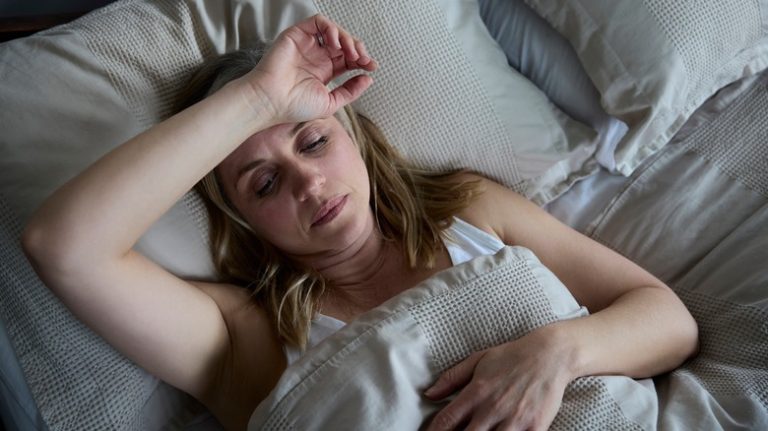A good night of sleep can make you feel like a million bucks. But did you know that sleep is also connected to your overall health, and can help with weight loss?
While researchers continue to investigate the correlation, it does appear there is a link between sleep and maintaining a healthy lifestyle. The Centers for Disease Control and Prevention say adults need 7 hours of sleep a night, however, the amount of time Americans sleep has been steadily decreasing for decades. Also, the average body mass index of Americans has increased, including a trend toward higher body weights and obesity levels.
Researchers say lack of sleep can result in metabolic and hormonal changes, increasing your appetite and making you crave those unhealthy foods, according to EatingWell. The neurotransmitters in your brain that control your appetite signal when it’s time to eat, and not getting enough sleep can affect your body’s regulation.
So how can you change your sleep habits and lose weight? Experts say a combination of dietary and environmental changes may do the trick.
How you can positively impact your sleep and diet

Limiting caffeine in the afternoons can help you fall asleep faster at nighttime, since caffeine stays in your system much longer than you would think. Eating a high-fiber diet that limits sugar and refined carbs, as well as hydrating earlier in the day, can also support weight loss and keep you from waking up in the middle of the night thirsty — or needing to go to the bathroom (via EatingWell).
Experts also say that at least 30 minutes of daily physical exercise can improve your quality of sleep and contribute to weight-loss efforts. It could be as simple as a quick walk outside a few times a day, as sunlight exposure helps regulate your body’s circadian rhythm. The circadian rhythm is what tells the body to be awake in sunlight and asleep in darkness — even sitting in a sun-filled room can help fix your body’s rhythm. An earlier bedtime can also reduce the chance that you’ll make poor late-night snacking decisions.
The final tip is one that seems counterintuitive — limit your intake of alcohol before bed. While you think that glass of wine is making you relaxed and sleepy, it is actually negatively impacting the quality of your sleep — while also dehydrating you.
The good news about these tips is that many of the lifestyle changes you make positively impact both your sleep quality and weight loss.


